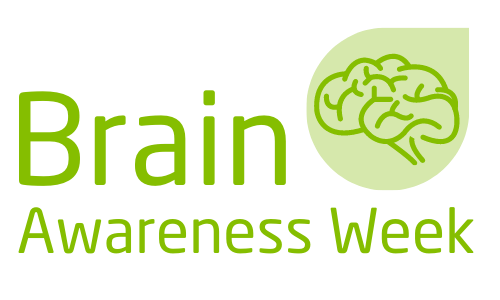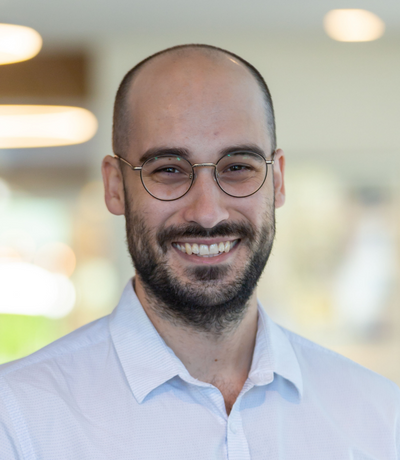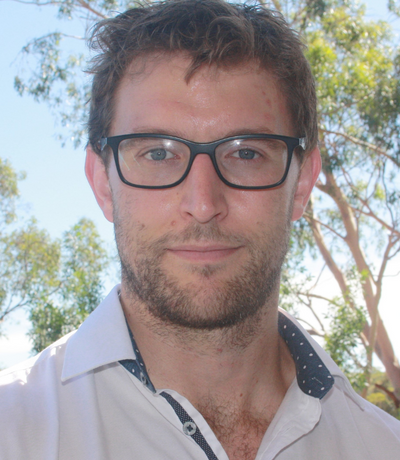Welcome to Brain Awareness Week 2023
On this page, you will find resources about concussion and acoustic neuroma. There are two videos about concussion & traumatic brain injury, with Dr Jamie Beros giving an overview of brain injury and Dr George Opie sharing some updates on the latest research. These diseases and injuries affect many Australians – whether they experience it themselves, or if it is one of their loved ones.
Thank you to the researchers who have created these videos. We hope you find them helpful, and that you learn something new about these brain diseases.







 The Brain Foundation is the largest, independent funder of brain and spinal injury research in Australia. We believe research is the pathway to recovery.
The Brain Foundation is the largest, independent funder of brain and spinal injury research in Australia. We believe research is the pathway to recovery.